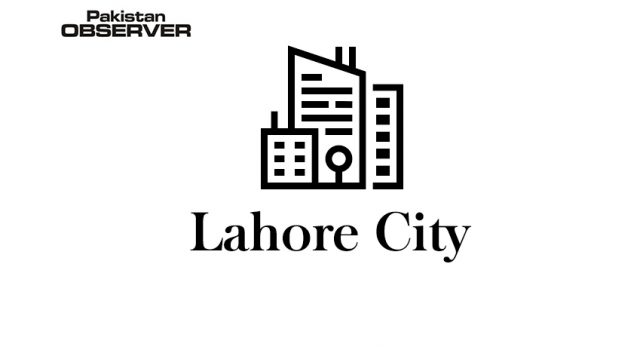The International Institute for Applied Systems Analysis (IIASA) and Food and Agriculture Organization of the United Nations (FAO-UN) in collaboration with the Environmental System Research Institute (ESRI) and the Asian Institute of Technology (AIT) organized a consultative session for the development of new Global Agro-Ecological Zoning database.
Dr. Khalid Mahmood, Co-Principal Investigator of Remote Sensing, GIS and Climatic Research Lab (RSGCRL), National Center of GIS and Space Applications, Punjab University along with his team have been invited to participate in this global consultative session on the behalf of RSGCRL.
The objective of this consultation was to identify global opportunities for the development of the new Global Agro-Ecological Zoning database (GAEZ), and discuss about modalities, alternatives, and challenges of accessing, processing, and standardizing the datasets to a common format and spatial resolution for use in GAEZ.
Dr. Khalid Mahmood suggested a partnership with different actors such as students, researchers and institutions to ease sourcing the different datasets.










